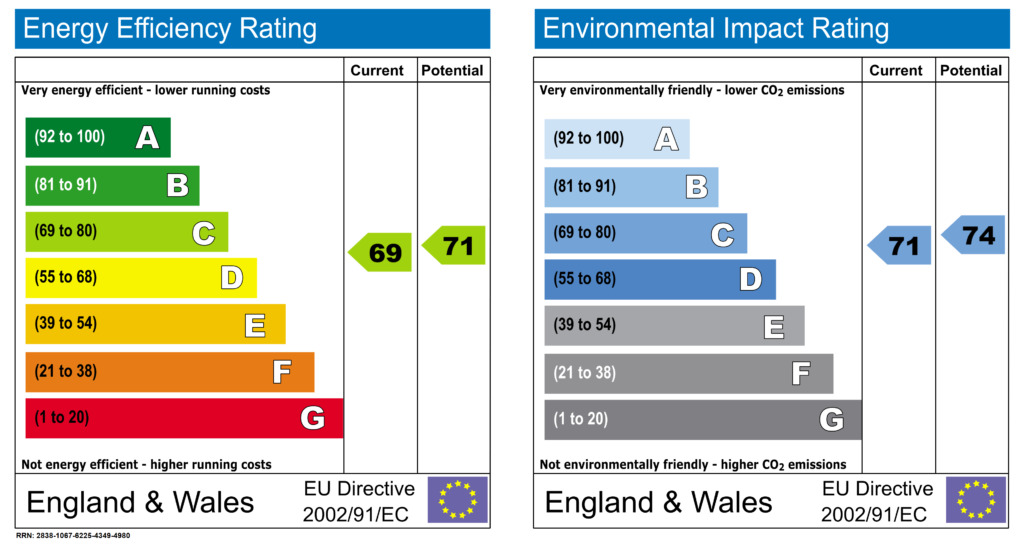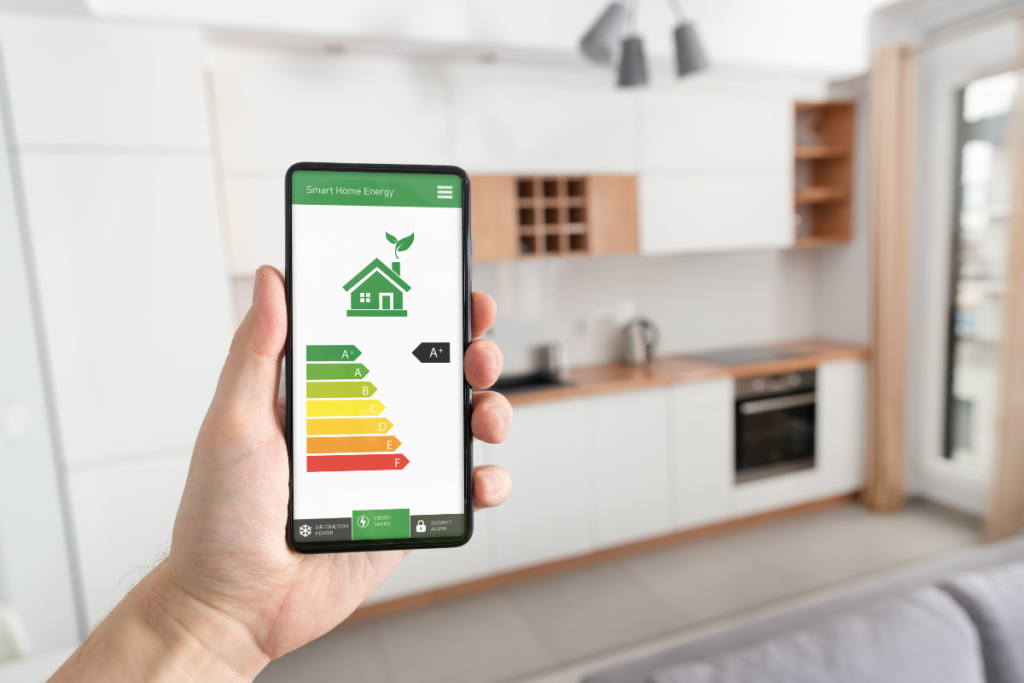When selling a property in the UK, many legal requirements must be met, and one of the key components is having an EPC certificate. The Energy Performance Certificate (EPC) is required for most property transactions, providing important information about the energy efficiency of a building.
But what happens if you don’t have an EPC certificate? Can you still sell your property? In this guide, we’ll explore the ins and outs of these certificates, their importance, and whether it’s possible to sell a property without one.
Table of Contents
What is an EPC certificate?
An EPC certificate is a document that details the energy efficiency of a property.
It provides an energy efficiency rating from A (most efficient) to G (least efficient) and includes recommendations for improving the property’s energy performance.
The certificate is valid for ten years and is required for almost all properties that are built, sold, or rented in the UK.

This shouldn’t be confused with EWS1 certificates, which relate to fire safety of flats and apartments in multi-unit buildings.
Why is an EPC certificate necessary?
An EPC certificate is required for several reasons:
- It’s the law: Since 2008, it has been mandatory to have an EPC certificate when selling or renting a property. Failing to provide one can result in fines and legal complications.
- Transparency: Buyers and tenants need to know the energy efficiency of a property. An EPC provides clear information, helping them make informed decisions.
- Energy efficiency: An EPC highlights areas where a property can improve its energy efficiency, which can be beneficial for both the environment and reducing energy costs.
Selling without an EPC: Is it possible?
While it might be tempting to bypass obtaining a certificate to speed up the selling process, doing so can lead to several issues. Here’s why:
Legal implications and potential penalties
Selling a property without an EPC certificate is illegal. The penalty for not having an EPC can be a fine of up to £5,000. This can significantly impact your finances and delay the selling process.
On top of that, non-compliance can lead to further legal challenges, which can be both time-consuming and costly.
Exceptions and exemptions
There are specific exemptions to the EPC requirement, but they are limited.
For instance, listed buildings and places of worship might not need an EPC, but this depends on whether the energy efficiency modifications would alter the character or appearance of the building.
We recommend checking the specific regulations to determine if your property qualifies for an exemption.
It’s a common myth that you don’t need an EPC when selling distressed assets, but this isn’t the case. You’ll need one regardless of the state of the property.
How to obtain an EPC certificate
If you don’t already have an Energy Performance Certificate, the process to get one is straightforward:
- Find an accredited assessor: Search for a certified energy assessor through the official EPC register or other reputable platforms.
- Schedule an assessment: Contact the assessor to arrange a convenient time for the inspection.
- Property inspection: The assessor will visit your property to evaluate various elements, such as insulation, heating systems, and windows.
- Receive the certificate: After the inspection, the assessor will issue the certificate, usually within a few days.
An accredited energy assessor is trained and certified to evaluate the energy efficiency of properties. They follow strict guidelines to ensure accurate and reliable assessments, providing you with a comprehensive report and the official EPC certificate.
The cost of obtaining an Energy Performance Certificate can vary depending on the property size and location, typically ranging from £60 to £120. This is a small investment considering the potential legal consequences of not having one.
Alternatives and workarounds
In some cases, homeowners might explore alternative routes if they are struggling to obtain a certificate.
Temporary solutions
If you’re in the process of obtaining a certificate but need to sell your property quickly, for example at below market value, make sure to inform potential buyers that the certificate is forthcoming.
Transparency is important to maintain trust and avoid legal issues.
Informing buyers about EPC status
Always keep potential buyers informed about the status of your certificate. If you don’t have one yet, explain why and provide a timeline for when you expect to obtain it.
Honesty can help maintain buyer interest and confidence.


